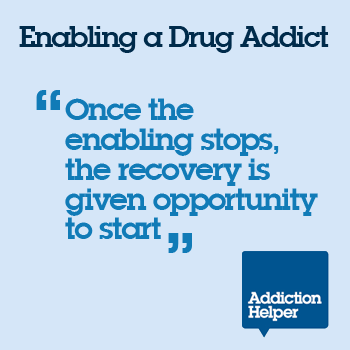How We Behave vs. How We Pretend to Behave
(The content of this post comes mostly from first-hand observations in companies and churches and the teachings of Patrick Lencioni. Leaders communicate how they want followers to behave subconsciously.
Written organizational values are a dime a dozen. Many ignore these values as touchy-feely HR talk, because they observe leadership ignore said values with their behavior.
I notice there really are two different value systems in most organizations. There are the written values or vision statements that all are to aspire to but there are also behavioral values.
Behavioral values determine what is acceptable behavior within an organization. Behavioral values are established by two things. One, how leadership behaves; and two, how the employees who are heavily promoted or rewarded behave.
Don’t get me wrong, heavily promoted employees often deserve their promotions, they perform well, they fit in the culture well. They may be very loyal to leadership, they may navigate the politics well and they may be very productive.
But what leaders sometimes ignore is the other behaviors that they promote when they promote certain people. I could give many examples and it seems for every business example I have an equal church example. I’ve seen similar trends in a variety of types of organizations. So I think that these challenges are common to all hierarchical organizations.
“Behave Like This Guy”
When a leader awards or promotes a high performer they are also inadvertently promoting and encouraging their behavior. Their other behaviors, which may be hidden from the leader, can result in a toxic work culture over time. High performers sometimes don’t work well with others, high performers are sometimes very competitive. They may be liars, they may be hypocritical and hostile to the company goals overall while meeting their personal career objectives.
Most heavily promoted employees directly or indirectly generate revenue for a company but treat their colleagues poorly. They may steal ideas and use their influence for personal advantage at the expense of lower employees. I’ve thought to myself more than once after seeing a promotion or award given to certain (not all) colleagues:
“You really expect me to behave…. like that?”
I believe that the behavioral values of a leader and their ‘promotees’ have more of an influence on a culture than any other single thing. The truth is, most leaders I have encountered do not care to try to manage culture. They think it is a nebulous result of things they have little control over. I am convinced that this is a failure in leadership. It is a business mistake that has a direct impact on financial performance.
Leaders who say one thing and promote another cause resentment and cause a company’s culture to decay. What an organization needs is clarity at the top, clarity of vision, clarity of behavioral norms.
What is needed is strong ownership of a company’s culture at the very top. Organizational values should be formulated, communicated and enforced by senior leaders. Don’t delegate this to HR or lower layers of managers, if so, it will be a culture in perpetual flux. Over time the worst behavior will dominate and become reinforced. Sort of like a survival of the fittest (or fiercest) culture.
Delegation of behavioral values to HR is a bad idea because employees look to leadership for behavior guidance, not HR. Behavior determines culture which has a huge impact on financial performance long-term. Trying to manage financial performance while ignoring culture is a mistake.
The following three culture principles, if embraced by its leaders, can begin to repair any hierarchy based organization. From high-tech companies, to building contractors, to even hierarchy-based churches.
- Communicate and reward people for the behavior you want, not those you feel morally obligated to broadcast.
- Do not delegate communication of behavior values to lower managers or to HR, own it and back it up financially.
- MOST IMPORTANTLY: Use extreme caution when promoting and/or awarding people. Understand the message that rewards and promotions send.
If you liked this post you will like this: How Enablers Affect Company Culture
What other ways can leaders repair company culture?




